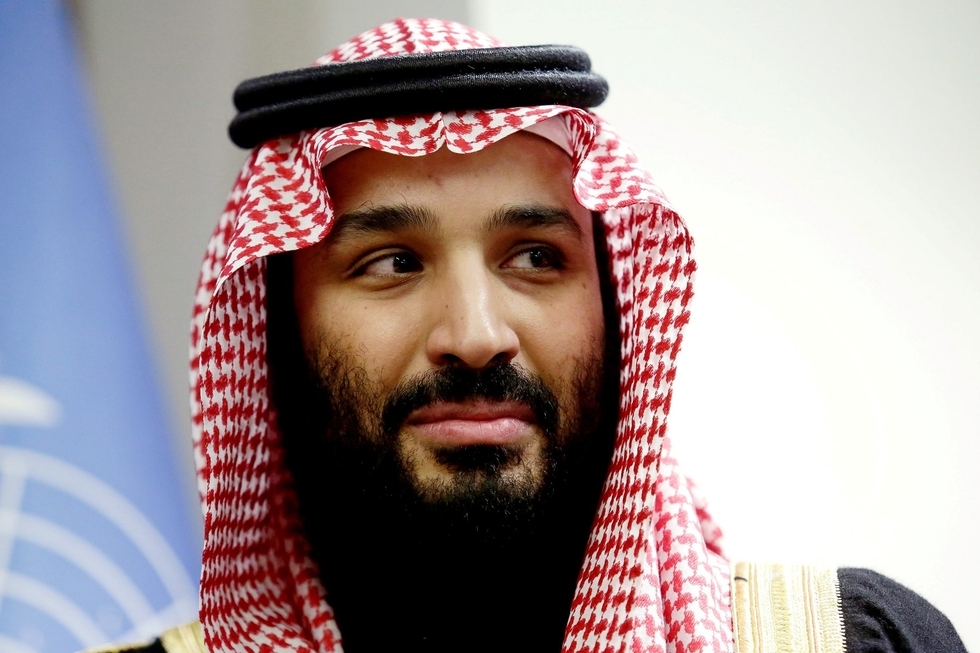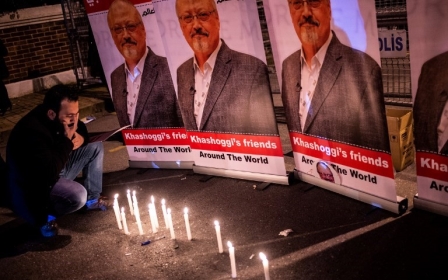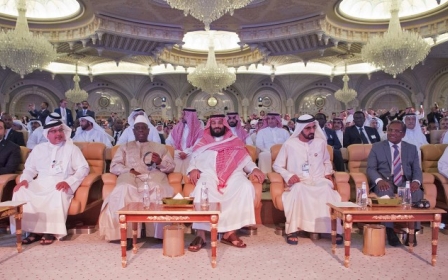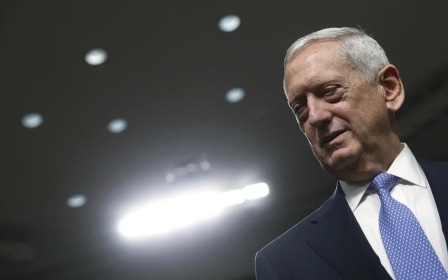Saudi economy may pay high price for Khashoggi killing

Saudi Arabia’s economy will likely pay a high price over the recent killing of dissident Saudi journalist Jamal Khashoggi, a sordid affair that sparked global outrage and which may prompt some action by the United States and other governments.
However, the longer-term issue is that investors will likely shun Saudi Arabia because the killing highlights the kingdom’s political instability, and that shakiness is something from which investors tend to shy away or exact a high price.
"The murder is a concern for all involved in Saudi Arabia," says David Roberts, professor of defence studies at Kings College London.
It was only after a leak from the Turkish government that news broke about Khashoggi being killed in the Saudi consulate in Istanbul on 2 October.
Slowly but surely, grisly details have come to light. That has been accompanied by the gradual conversion of Saudi denials into admissions of some culpability.
The very reluctance of Saudi authorities to reveal details, combined with Turkey’s insistence that what happened become public, has ensured that the affair has remained firmly front and centre in the global news cycle.
The wall-to-wall news coverage worsens what was already a public relations problem for Saudi Arabia.
The killing came hot on the heels of last year’s mass detention of scores of Saudi princes at the Ritz Carlton hotel in Riyadh. Earlier this year, the country’s most famous investor, Prince al-Waleed bin Talal, was released from the Ritz after reportedly agreeing to relinquish some of his vast wealth.
Nevertheless, the process - for the stated goal of cracking down on corruption - was nothing if not opaque and lack of transparency tends to unnerve financiers of all types, especially foreign investors.
"The arrests at the Ritz led a lot of foreign investors to question the robustness of the Saudi legal system and as well as whether they should invest in the country,” says Roberts. “We have already seen this in the figures."
Foreign investment key to 'Vision 2030'
Foreign investors are key to Saudi Arabia’s Vision 2030, the government-led plan to switch the economy away from its dependence on oil.
Most notably, it is the country’s effective ruler, Crown Prince Mohammed bin Salman (MBS), who has pushed this agenda.
But critics of Riyadh have accused MBS of being implicated in Khashoggi's killing and rumours have circulated about an effort to have him removed, or at least curtail his power.
[MBS] has placed a lot of emphasis on attracting foreign investment ... but so far at least, the reforms don’t appear to have had the desired effect
- Capital Economics report
“There remains a key risk that MBS is pushed aside, ultimately bringing the Vision 2030 to a grinding halt,” a recent report from London-based consulting firm Capital Economics says.
In other words, if MBS walks the plank as leader, then forget about moving the Saudi economy away from energy and into a more mixed economy.
"The most significant damage is likely to be the Kingdom’s long-term prospects,” the Capital Economics report continues. “[MBS] has placed a lot of emphasis on attracting foreign investment in an effort to boost productivity growth. But so far at least, the reforms don’t appear to have had the desired effect.”
The report notes that foreign direct investment (FDI) fell to around 0.2 percent of GDP last year from a high of nine percent in 2009. FDI typically refers to investments in companies or in building factories, rather than purchasing stocks or bonds on a securities exchange.
Likewise, despite soaring oil prices over the last two years, Saudi Arabia’s economic performance is lame.
During 2017, the country's economy shrank each quarter. Then, during the first and second quarters of this year, GDP growth remained below 2 percent, according to data collated by the website TradingEconomics.com.
This limp growth comes on the back of a near-tripling in oil prices on which the kingdom overwhelmingly depends. Crude oil prices hit a low of less than $30 a barrel in January 2016 before bouncing back to $76 recently, according to data from Bloomberg.
Oil and energy accounts for almost nine-tenths of all Saudi’s exports and 46 percent of the country’s GDP, according to Trading Economics.
If Saudi Arabia can’t get the foreign investment, it won’t be able to reform the economy. Foreign investment typically provides capital, but also access to productivity-boosting technology, and Saudi Arabia needs both for the longer-term future of its economy.
Investors increasingly nervous
The problem is that the controversies associated with the kingdom are making investors nervous.
“The main implication concerns underlying political risk," such as doubts about the country's stability, says a recent report from London-based financial firm TS Lombard. “The implication affects our view of the investment case for Saudi Arabia making sense only in the long-term.”
The report also notes that “chronic government instability would impair” investor returns, and, “this is not a market that can shrug off government turmoil”.
Foreign investors in Saudi Arabia need to factor in a degree of political risk that is difficult to quantify but is certain to grow with each Khashoggi-like incident
- Robert E. Wright, Augustana University
Thoughts precisely like those will be running through the minds of possible investors in the Saudi state-owned oil company, Aramco.
In early 2016, the country said it wanted to float the company at a valuation of $2 trillion. However, even then that price seemed high, and the recent turmoil will no doubt mean bankers will further slash their valuations for the company.
“Foreign investors in Saudi Arabia need to factor in a degree of political risk that is difficult to quantify but is certain to grow with each Khashoggi-like incident,” says Robert E. Wright, professor of global economy at Augustana University in Sioux Falls South Dakota.
Put simply, when an investor decides whether to invest in Saudi Arabia generally, or Aramco specifically, a calculation gets made on the risk, including whether the assets get seized by the government, or whether the government itself gets swept away.
More risk ultimately leads to lower valuations.
That is most unfortunate for Saudi Arabia's desired sale of Aramco, which was widely billed as the centrepiece of the country's economic reform.
New MEE newsletter: Jerusalem Dispatch
Sign up to get the latest insights and analysis on Israel-Palestine, alongside Turkey Unpacked and other MEE newsletters
Middle East Eye delivers independent and unrivalled coverage and analysis of the Middle East, North Africa and beyond. To learn more about republishing this content and the associated fees, please fill out this form. More about MEE can be found here.




